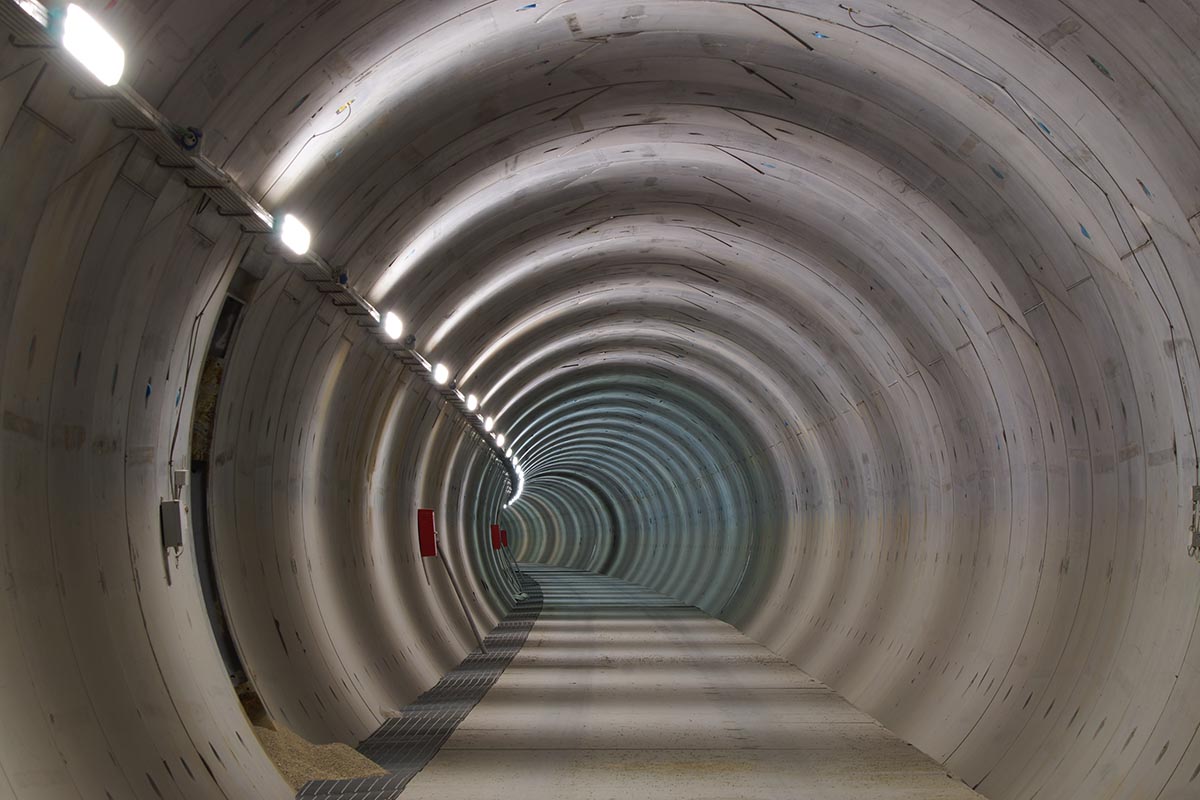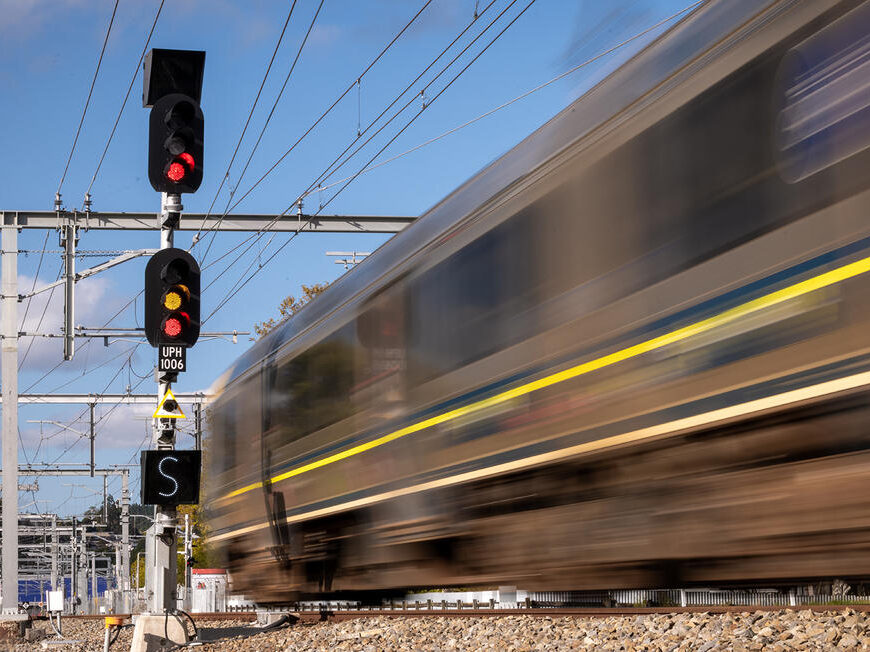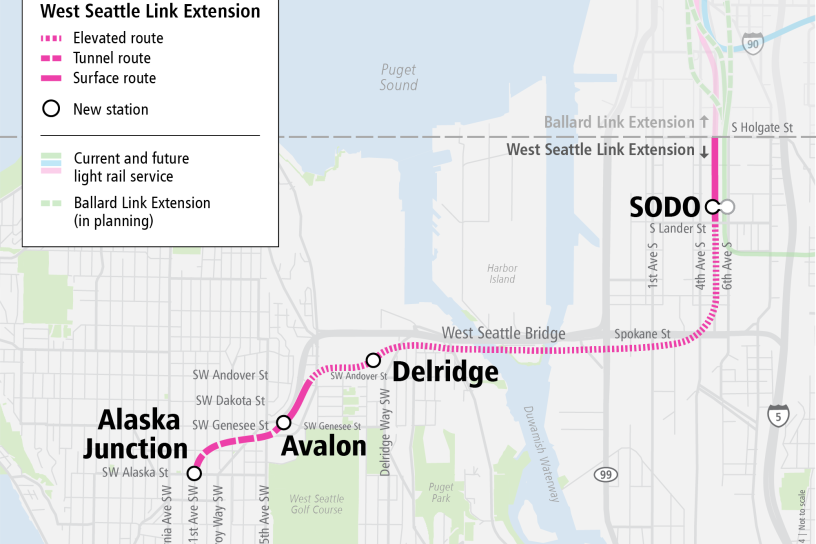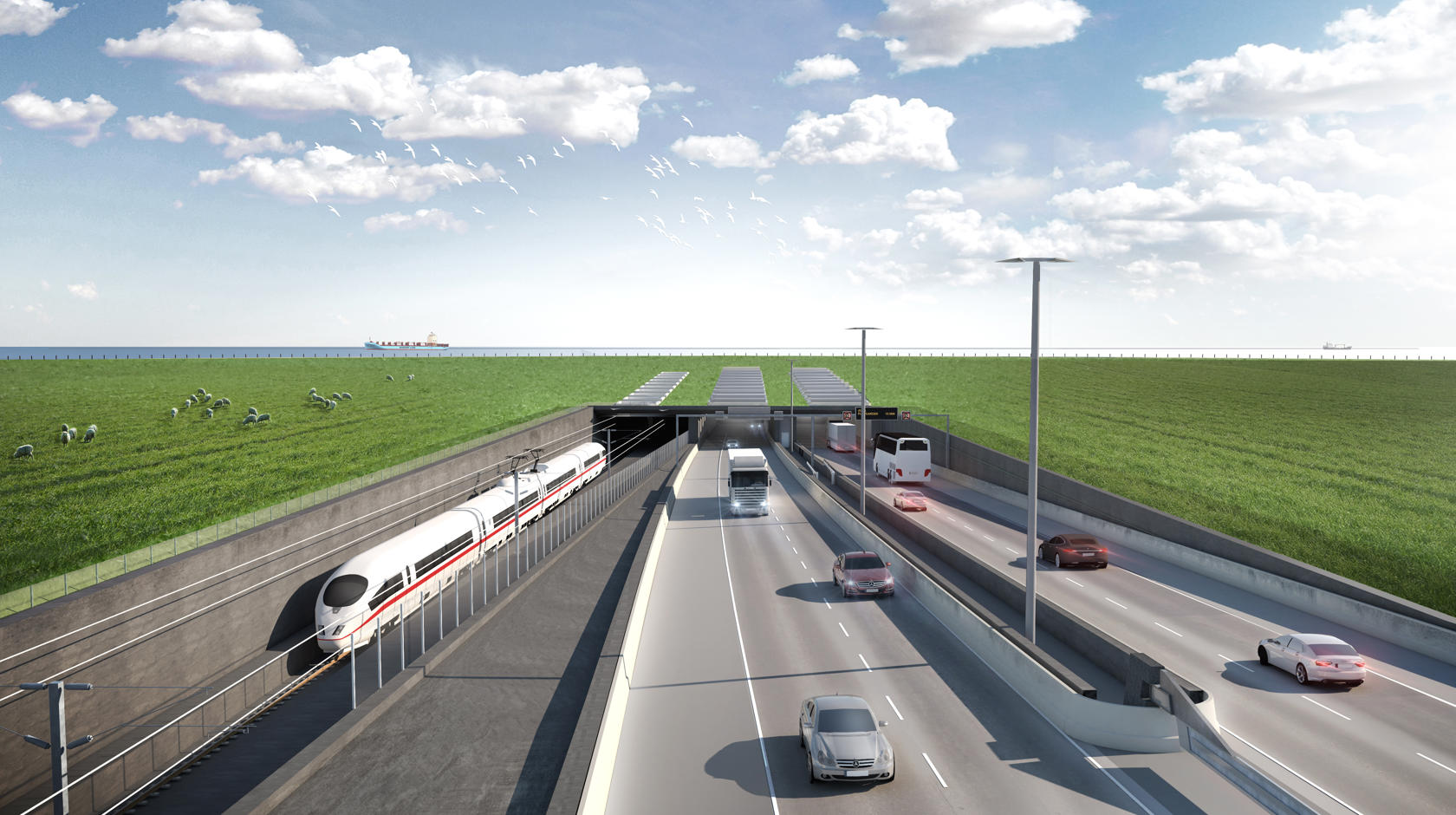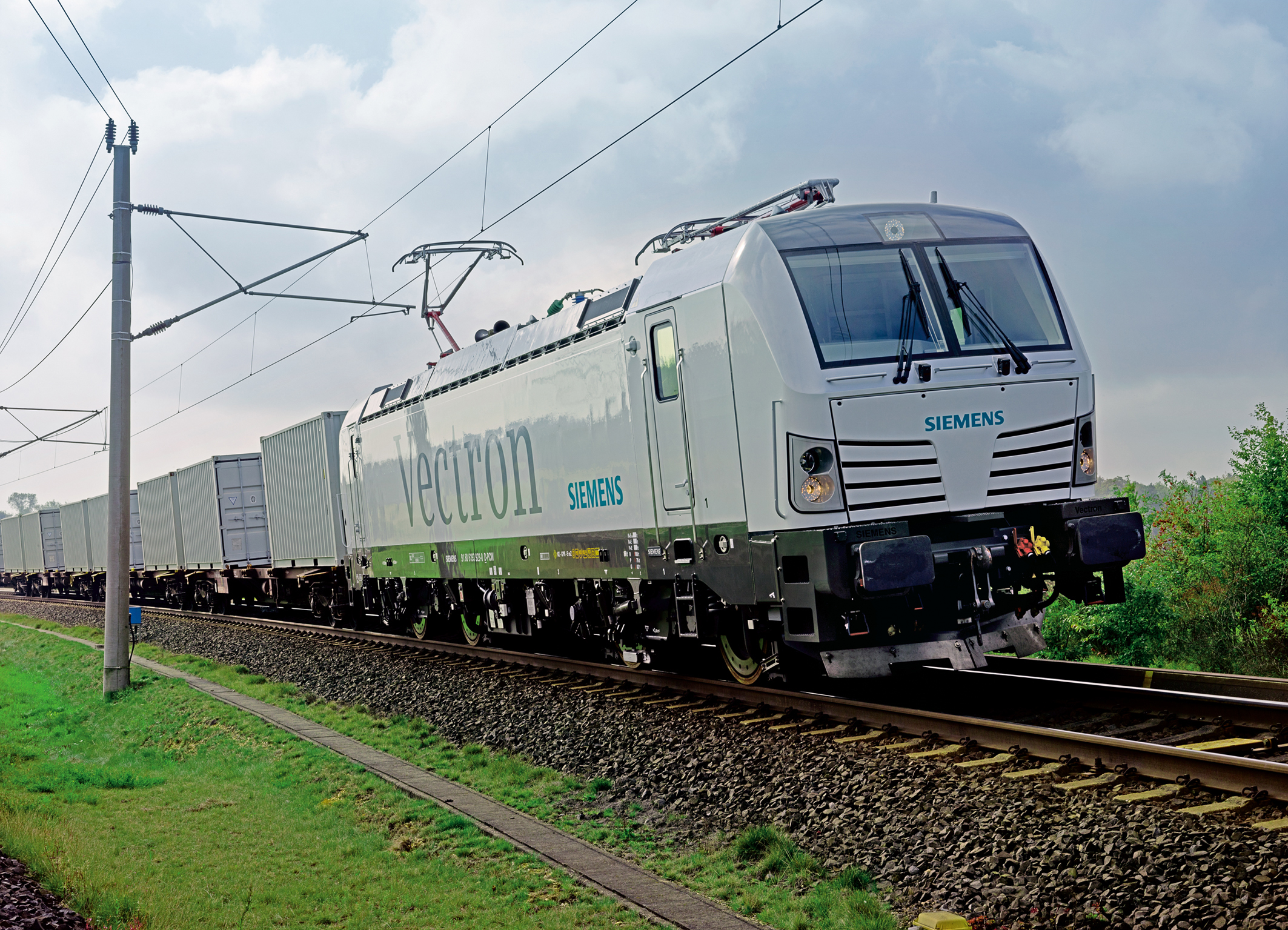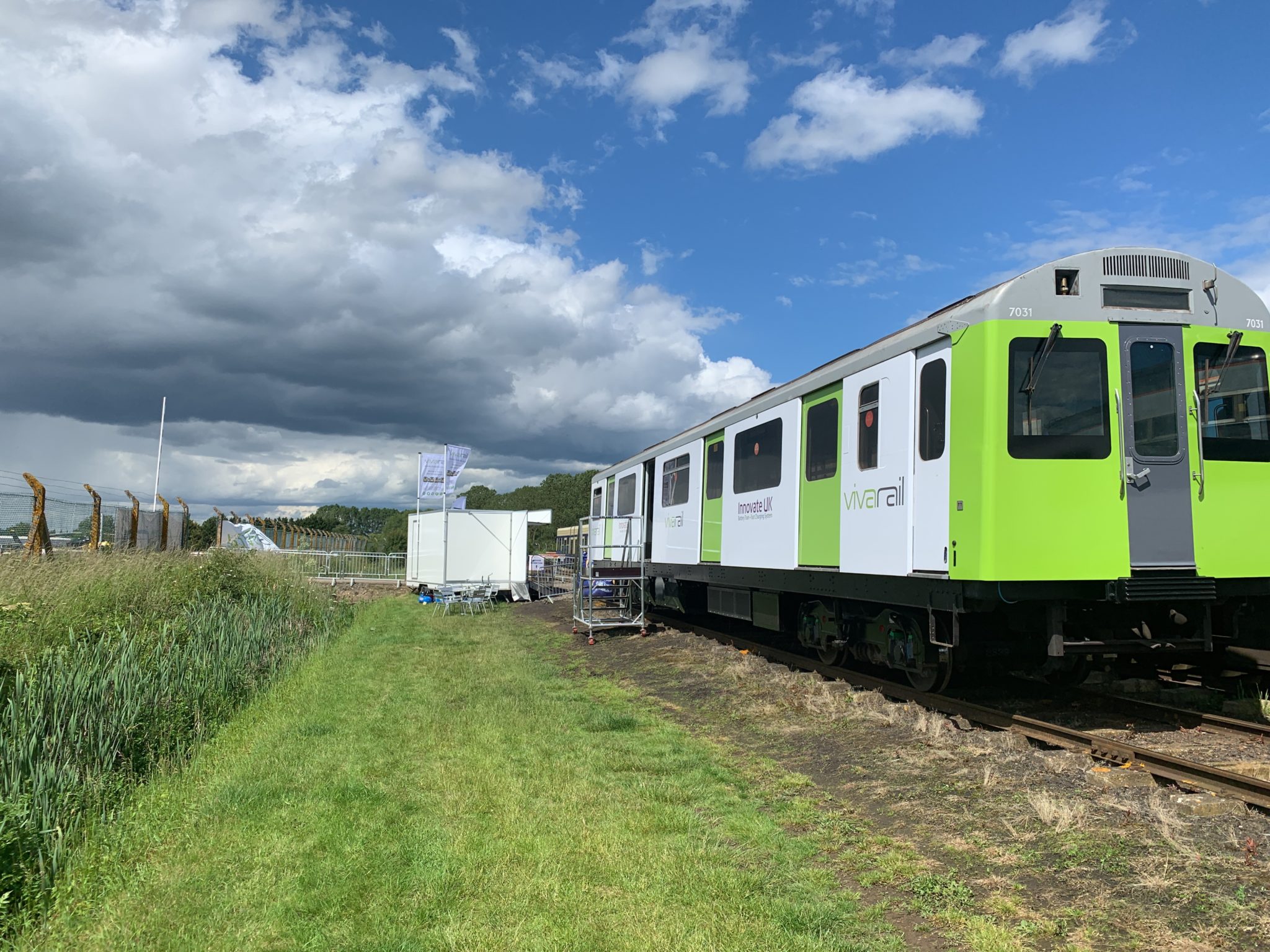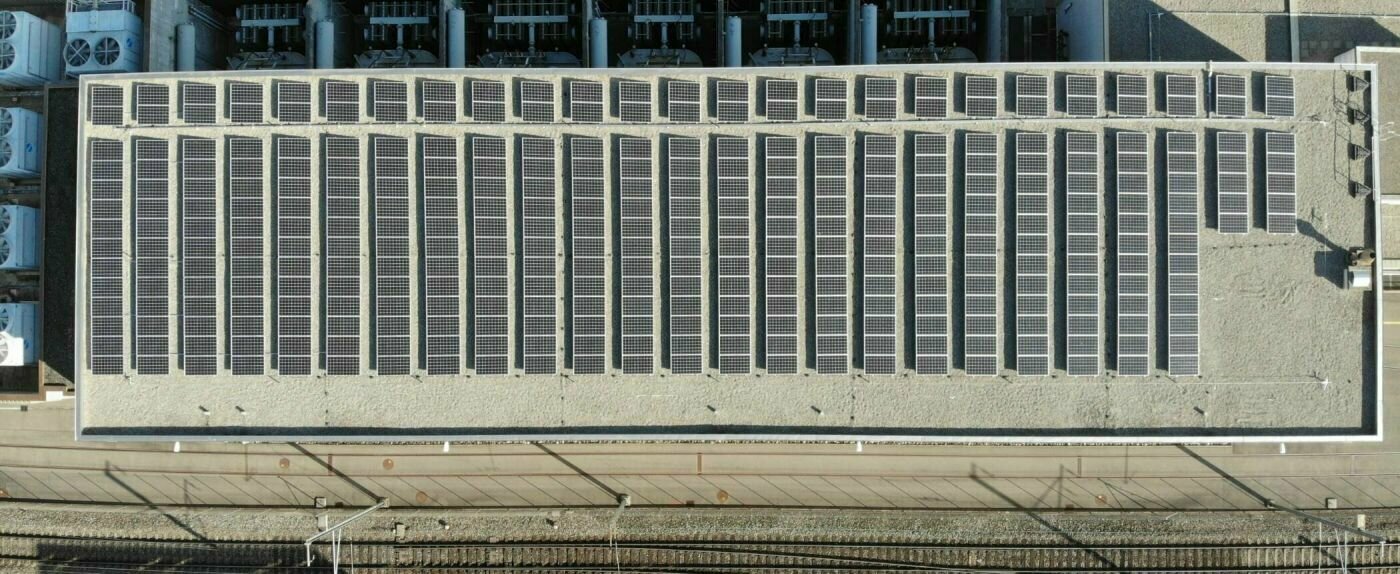The European Court of Auditors (ECA) has published a report on the management by the European Commission with regards to eight cross-border transport mega-projects in thirteen Member States.
These projects are to complete key missing links for connecting national networks to establish seamless European transport corridors. The total estimated cost of the eight projects was 54 billion euros; the EU has paid 3.4 billion to date.
The rail mega-projects are:
- Rail Baltica
- Lyon-Turin rail link
- Brenner Base Tunnel railway tunnel through the Alps between Austria and Italy
- Fehmarn Belt fixed link 18km rail-road tunnel
- Basque Y high-speed rail connection between Spain and France
- E59 railway line in Poland
Non-rail mega-projects:
- Seine-Scheldt inland waterway link
- A1 motorway in Romania
The ECA found that the core network is unlikely to be operational by 2030, which was the original plan in 2013. Construction delays and delays in making these mega-projects operational are putting the effective functioning of five out of nine TEN-T corridors at risk, the ECA concludes.
The ECA says it found examples of poor planning and inefficient implementation. The Commission’s oversight of the timely completion of the network, the report finds, has weaknesses and is distant. However, the Commission has a tool at its disposal that it can harness to improve performance.
In summary, the ECA made the following observations:
- The core network is unlikely to operate at full capacity by 2030, and the Commission has limited tools to ensure this
- The planning process for these multi-billion euro investments needs improvement
- The efficiency in implementing the transport mega-projects is low
- The Commission’s oversight of Member States’ completion of the core network corridors has weaknesses, but a tool is available which it could built upon to improve performance
Rail Baltica is the only project of the eight that is likely to meet the minimum requirements of the TEN-T Regulation by 2030. Furthermore, three parts of three other mega-projects will. The ECA concludes that the main reasons behind these poor results are that Member States have their own priorities and different procedures. They also have different speeds of implementation and cross-border projects are not always supported to the same extent.
ECA Recommendations
The ECA has come up with four recommendations to improve the sound financial management of these investments, which support their long-term planning, management and supervision:
- Revise and apply the current tools to enforce long-term planning
- Require better analysis before deciding to provide EU co-funding for megaprojects
- Strengthen the Commission’s management of EU co-funding for actions that are part of megaprojects
- Build on the experience of implementing decisions, and strengthen the role of the European Coordinators
European Coordinators’ Response
The nine European co-ordinators for the core network corridors of the trans-European Transport Network (TEN-T) have released a statement following the European Court of Auditor’s report on eight large cross-border projects.
European Coordinators:Delivering the trans-European transport network (TEN-T), today more than ever, is indispensable in these times of challenges and uncertainties. Quality infrastructure enabling sustainable transport alternatives such as rail and inland waterways, will help the functioning of the European internal market and achieving the goals of the European Green Deal. All Member States have committed to realising the TEN-T Core Network by 2030. This means addressing important bottlenecks and key missing links across Europe, especially where cross-border connections are inexistent or unable to cater for modern transport needs. The crisis demonstrated the importance and value of those cross-border connections and transport infrastructures have a key role to play in the economic recovery.
The Coordinators note that similar EU projects that are already operational, such as the Öresund Bridge and the high-speed rail line between Amsterdam, Brussels, Paris, London and Cologne would not have been realised without EU financial support and they exceeded all forecasting expectations.
The Coordinators also highlighted that the European Parliament and Council recently agreed to streamline permit granting procedures to reduce the administrative burden and lead times, particularly with regard to cross-border projects.

